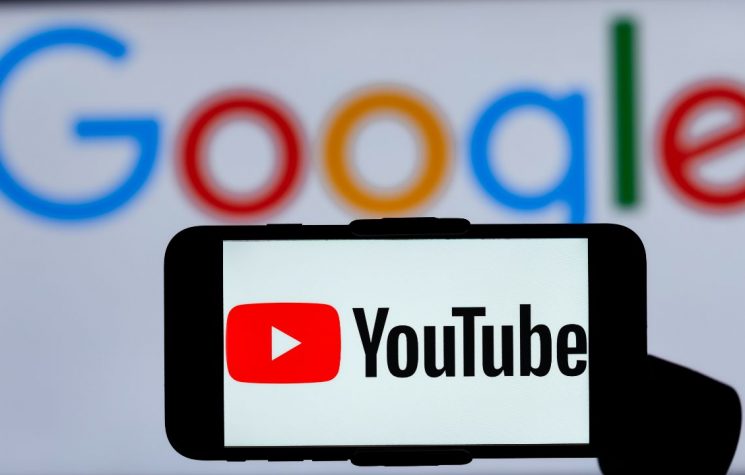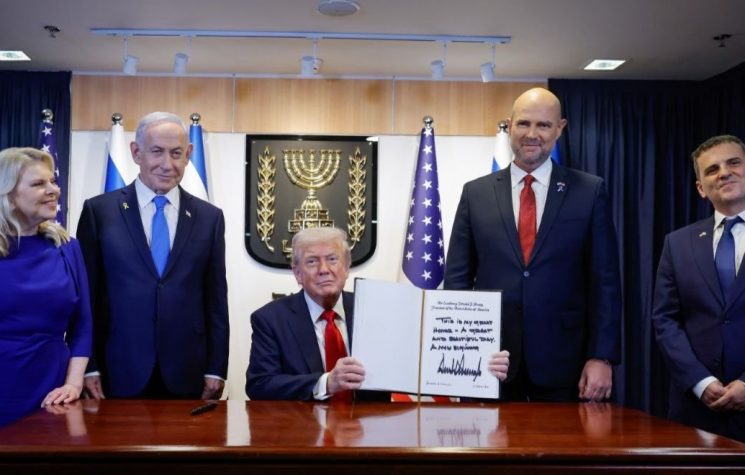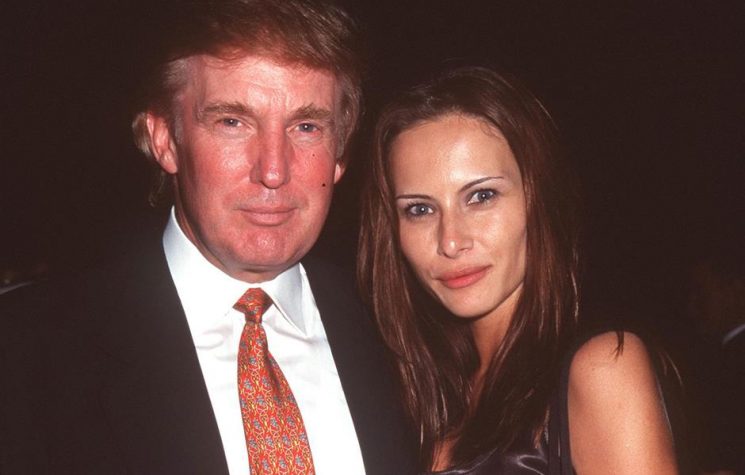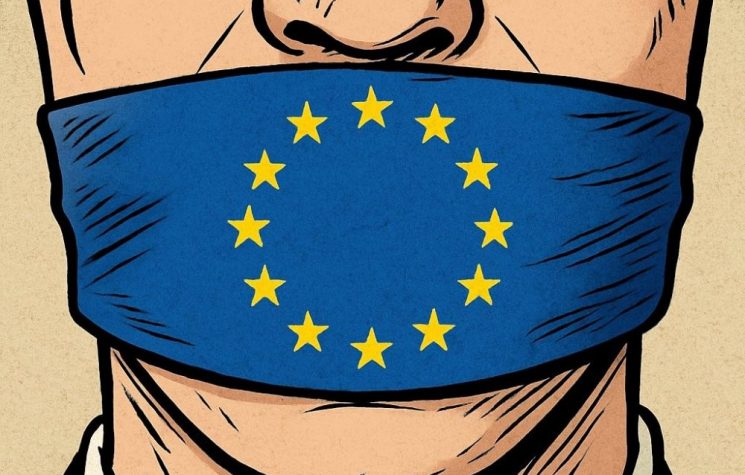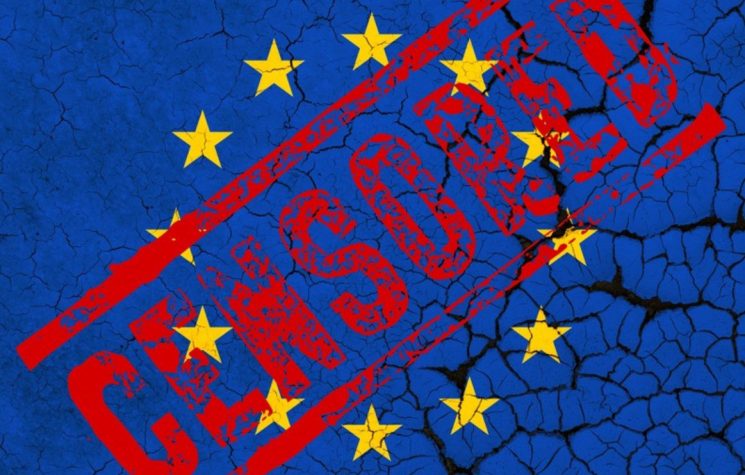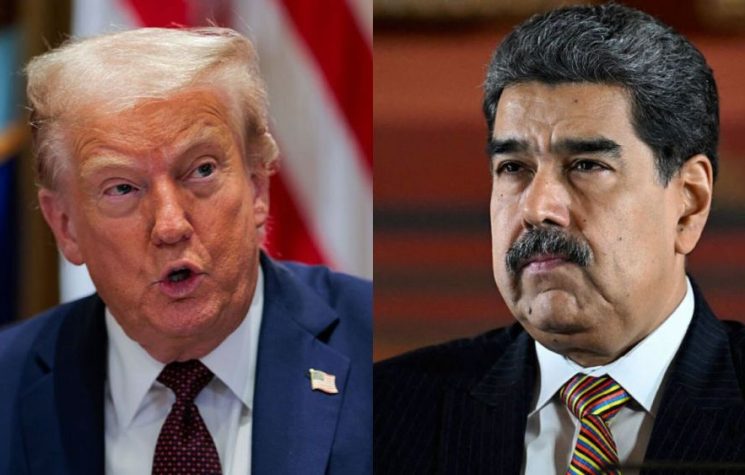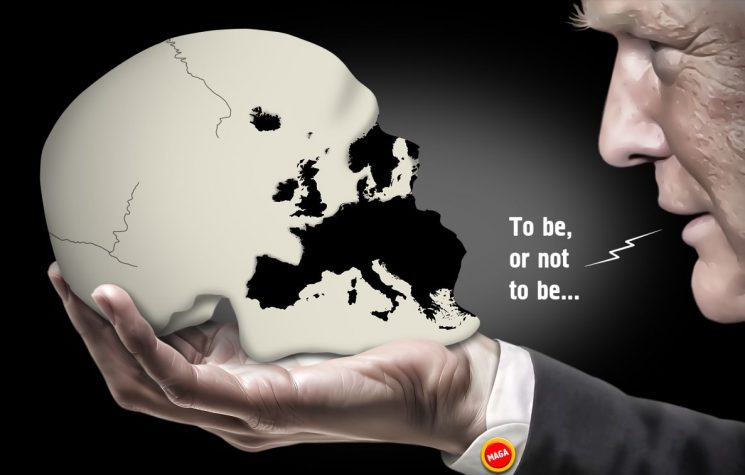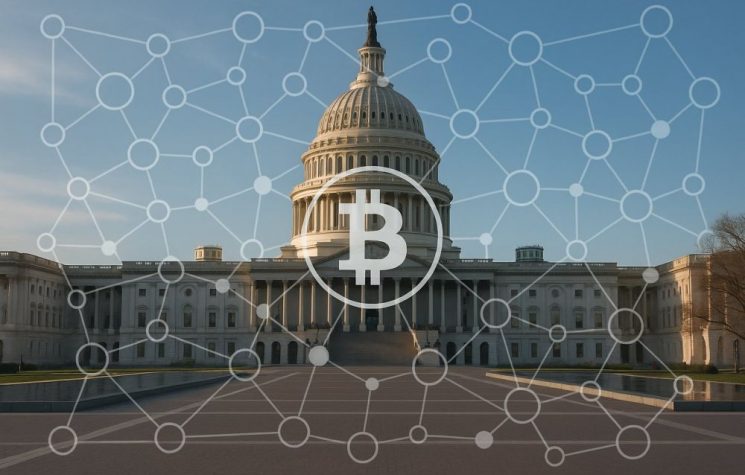The U.S. is marching toward anarcho-capitalism, in which the owners of private entities censor whatever they want, or release whatever they want.
Join us on Telegram![]() , Twitter
, Twitter![]() , and VK
, and VK![]() .
.
Contact us: info@strategic-culture.su
The U.S. is marching toward anarcho-capitalism, in which the owners of private entities censor whatever they want, or release whatever they want.
This time, it was Alphabet, the mega-corporation that owns Google, that revealed the Biden administration’s pressure for censorship. The company joins the chorus led by Elon Musk, who launched Twitter Files when he purchased Twitter, and continued by Mark Zuckerberg, who had already complained about pressure for censorship last year. With a more institutional profile, the company provided this information to Congress through its attorney, Daniel Donovan.
Thus, we have the trio of American Big Tech companies linked to mass communication expressing their disagreement with government censorship in the U.S.: Elon Musk owns X (Twitter’s official name) and a private satellite network that provides internet; Zuckerberg owns Facebook and Instagram; Alphabet owns Google, which is or owns almost everything on the internet: it started as a search engine, but now also includes email, a web browser, a teaching platform used by public institutions, file clouds, satellite maps, the most popular mobile operating system, and so on. Important to this case is YouTube, purchased by Google in 2006, which is now watched on TV sets even by the elderly and competes with TV channels.
If the flagship of Twitter Files was the censorship of political topics during the presidential election, it’s worth remembering that the allegations included the censorship of opinions related to the pandemic: COVID, vaccines, and lockdowns. This censorship was the subject of Zuckerberg’s complaint, and it is also the subject of Alphabet’s new statement. According to the new information, the White House was pushing to remove content expressing skepticism about the so-called vaccines quickly produced by the pharmaceutical industry. Here are the words of Alphabet’s attorney: “Senior Biden Administration officials, including White House officials, conducted repeated and sustained outreach to Alphabet and pressed the Company regarding certain user-generated content related to the COVID-19 pandemic that did not violate its policies. While the Company continued to develop and enforce its policies independently, Biden Administration officials continued to press the Company to remove non-violative user-generated content.”
This sounds like Alphabet’s claim to independence from the U.S. government. After all, we’ve read that Alphabet has its own policies—which it formulates and implements—and that the U.S. government has its own. The statement doesn’t reveal any disagreement with any illegality, but rather with the mere fact that the government was hindering the company’s self-management during a public emergency.
Let’s ignore, for now, the bizarre things committed by the government in handling the pandemic: it’s not absurd to assume that the state has a public policy regarding information, and that these policies take precedence over the policies of a private company on the same subject. In fact, every state has some public policy regarding expression. Even in the U.S., where the Second Amendment exists, there is a history of censorship that takes state interests into account. The promotion of communism was long prohibited, for example. If we want to set aside the strictly political aspect, we can point to the much more basic fact that every self-respecting state must prohibit the dissemination of child and rape pornography, for example. However, pornography sites that aren’t very discerning about their content, like Pornhub, rely on freedom speech to avoid imposing age limits on their users. In other words, the U.S. isn’t a serious country: if a company has a lot of money, it can do whatever it wants.
The disagreement between YouTube and the Biden administration is all the more noteworthy because both agreed on praising Pfizer. On July 22, 2021, I wrote the following in the Brazilian newspaper Gazeta do Povo: “There’s a YouTube channel owned by YouTube itself called YouTube Brasil. And YouTube now wants me to learn everything about COVID-19 from experts it has selected. Now, every time I open the website, I find a mountain of video suggestions with a trusted source instructing me on vaccines. […] One video made me astonished because of its title: ‘Can pregnant women and postpartum women get vaccinated?’ I say ‘astonished’ because […] no ‘science communicator’ has ever recommended caution regarding these quick-made vaccines. Still, I expected some pudency, because here in Brazil, Anvisa [our FDA], after the death of a pregnant prosecutor (someone had to die, and it had to be someone as important as a prosecutor), began recommending that pregnant women not be vaccinated with the AstraZeneca vaccine. Would people have the courage to tell pregnant women to get vaccinated anyway? I click on the video. A Dr. Mariangela Simão explains to a blue-haired woman that laboratories haven’t tested the vaccines on pregnant women, except for Pfizer, which has a recent study that ‘showed the vaccine is safe and effective in pregnant women.’ Therefore, and because Brazil is vaccinating with the Pfizer vaccine, pregnant women should definitely get the vaccine. […] I looked for Pfizer studies on pregnant women and what I found was a February 19, 2021, CBS report announcing that Pfizer had begun its first trial on pregnant women in the United States. According to CBS, Pfizer expects the trial to be completed in January 2023. This is YouTube, which keeps labeling others as fake news and taking down videos.”
Now we know that the videos were taken down under pressure from the Biden administration—in other words, this administration was likely censoring globally. It was, one might say, pro-Big Pharma censorship, as it took down any content that incited “vaccine hesitancy.” Nevertheless, the fact is that YouTube was actively disseminating Pfizer propaganda. Worse still, false propaganda. Did YouTube do this for free? We never see YouTube announce paid partnerships; it’s implied that all the platform’s advertising is in video interruptions. Either YouTube doesn’t accept paid partnerships, or it’s not at all transparent. If the former, it’s possible it’s doing the bidding of its largest shareholders, which include investment funds and banks.
The users who produce content for the platforms are their customers. When the U.S. government orders YouTube, X, Facebook, and Instagram to delete content, it interferes with their business because it upsets their customers. For Big Tech, the best scenario is to win on both ends: promote the hegemonic thing of the moment (the Pfizer vaccine, for example) and cultivate a customer base—who can be tricked with a shadow ban to avoid being upset by explicit censorship.
From this latest episode, we shouldn’t conclude that the U.S. is marching towards greater freedom of expression. The U.S. is indeed marching toward anarcho-capitalism, in which the owners of private entities censor whatever they want, or release whatever they want. An example of how this works is now being provided by U.S. universities, which are private and rely heavily on Zionist funding.










